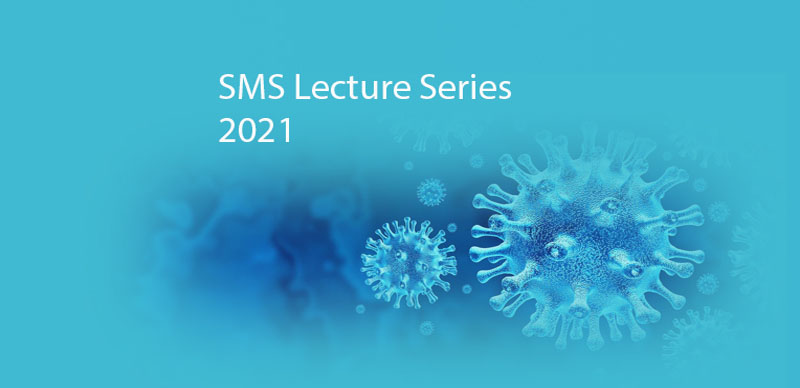Mathematical Models and Epidemics
Audience
General (Suitable for students at Secondary Level and above)
Description
This lecture series will feature eminent local mathematicians or mathematics educators to share with the public some of their interests and ideas.
Speaker
Professor Alex Cook, NUS
Cook read statistics as an undergraduate at Heriot-Watt University, Edinburgh, before doing a PhD in mathematical modelling at Biomathematics and Statistics Scotland. He moved to NUS in 2008, where he is now associate professor, vice dean of research and domain leader of modelling and biostatistics in the Saw Swee Hock School of Public Health. He also has joint appointments in the Department of Statistics and Applied Probability, at Duke-NUS Medical School and at Yong Loo Lin School of Medicine in NUS and at the Ministry of Health. The Cook lab uses mathematical, statistical and computational models to study public health problems including COVID-19, dengue, and diabetes.
Abstract
Mathematical modelling has been very prominent during the COVID-19 pandemic, to the extent that the paparazzi camped outside leading modelers’ houses trying to catch them breaking lockdown rules. The use of mathematics in infectious disease outbreaks has a long history however, dating back to Nobel laureate Ronald Ross’s work on malaria in the early decades of the 20th century.
In Singapore, models have helped to inform policies around school closure, the circuit breaker lockdown, border control, and now vaccine rollout, and contributed in a small way to keeping the number of deaths in Singapore to a minimum. In this lecture I will talk about some of these contributions and, I hope, convince you that mathematicians have an important role in health.
Date/Time
March 11 (Thursday) 2021 / 4-5pm
Zoom Meeting ID and Passcode will be sent to the registered participants.
Registration has closed. Contact weekeetang@ntu.edu.sg for meeting details.
Registration Fees
Free
Coordinator
Dr Tang Wee Kee
weekeetang@ntu.edu.sg

